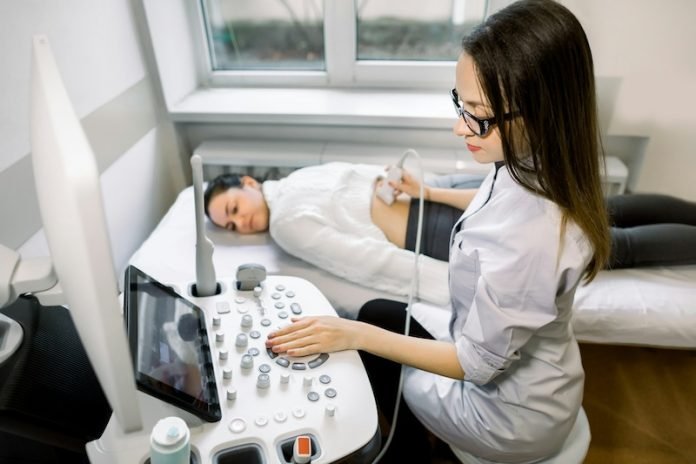
Acute renal failure, also known as acute kidney injury (AKI), is a serious medical condition where the kidneys suddenly stop functioning effectively.
It can lead to dangerous levels of waste products in the blood, which can affect other organs.
One of the common questions surrounding this condition is whether it is painful.
This review explores the nature of acute renal failure, its symptoms, including pain, and what can be expected in terms of diagnosis and treatment.
What is Acute Renal Failure?
Acute renal failure occurs when the kidneys can no longer filter waste products from the blood effectively, which can happen over hours or days.
Several factors can lead to AKI, including severe or sudden dehydration, significant blood loss during an injury or surgery, infections, and blockage in the urinary tract, or damage from certain medications or toxins.
Is Acute Renal Failure Painful?
Unlike chronic kidney disease, which may not cause symptoms in its early stages, acute renal failure can manifest more dramatically, but pain is not typically a direct symptom of the kidney injury itself. The presence of pain often depends on what’s causing the AKI. For example:
- If the AKI is due to a blockage in the urinary tract, such as from kidney stones, intense pain can occur.
- Infections that may lead to AKI, such as pyelonephritis (a kidney infection), can also cause significant pain in the back or sides.
- However, if AKI is caused by factors like medication toxicity or rapid dehydration, pain is not usually a primary symptom.
Thus, while AKI can be associated with painful conditions, the failure of the kidneys themselves does not directly cause pain. However, the complications arising from acute renal failure might lead to discomfort or pain in various forms.
Symptoms of Acute Renal Failure
The main symptoms of AKI are often non-specific and can include:
- Decreased urine output, although occasionally urine output remains normal
- Fluid retention, causing swelling in the legs, ankles, or feet
- Shortness of breath
- Fatigue
- Confusion
- Nausea
- Weakness
Pain in areas like the abdomen or back is more likely related to the underlying cause of the renal failure rather than the condition itself.
Diagnosis and Treatment
Diagnosing AKI involves blood tests that check for creatinine and blood urea nitrogen (BUN), both of which are waste products that would be elevated when kidney function is compromised.
Imaging tests like ultrasounds or CT scans may be used to identify blockages or other physical abnormalities in the kidneys.
Treatment of AKI focuses on addressing the underlying cause:
- If the cause is dehydration, quick rehydration is necessary.
- For blockages, procedures to remove the blockage are required.
- If an infection is present, antibiotics or other treatments will be needed.
- In severe cases, dialysis may be necessary to support the kidneys until they can recover function.
Conclusion
Acute renal failure itself is not typically painful, but the conditions that lead to it can be. Understanding the causes and recognizing the symptoms early can lead to timely and effective treatment, significantly improving outcomes.
If you suspect you or someone else is experiencing symptoms related to AKI, it is crucial to seek medical attention immediately to address the underlying issues and mitigate the effects on the kidneys and other organs.
If you care about pain, please read studies about vitamin K deficiency linked to hip fractures in old people, and these vitamins could help reduce bone fracture risk.
For more information about wellness, please see recent studies that Krill oil could improve muscle health in older people, and eating yogurt linked to lower frailty in older people.
Copyright © 2024 Knowridge Science Report. All rights reserved.



